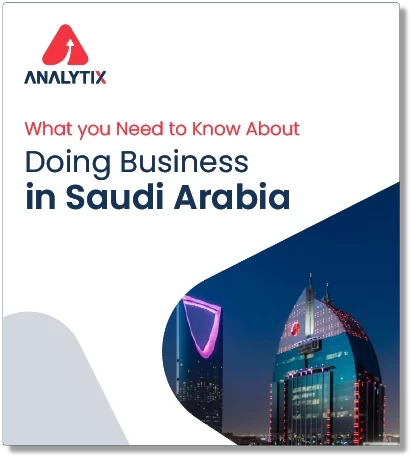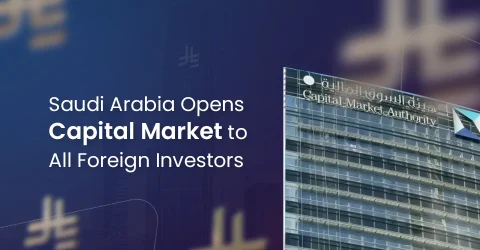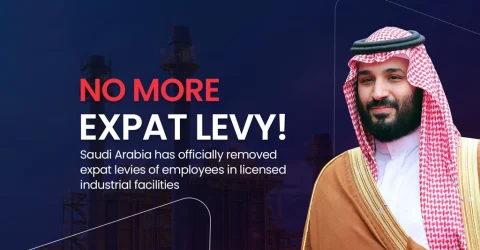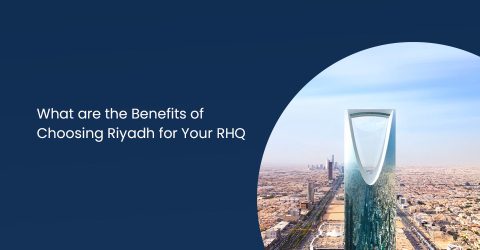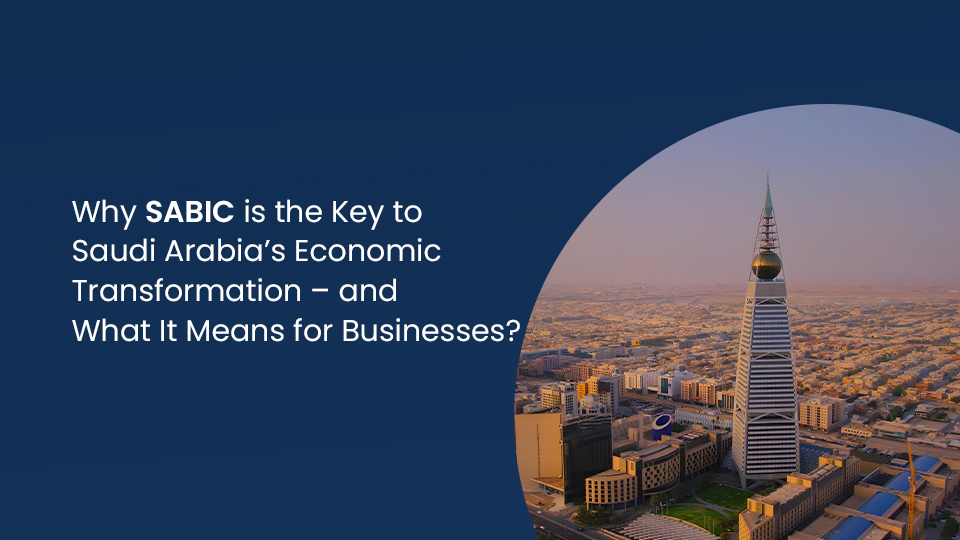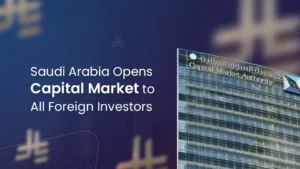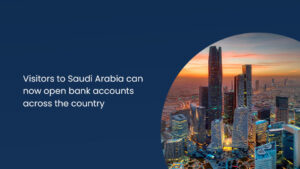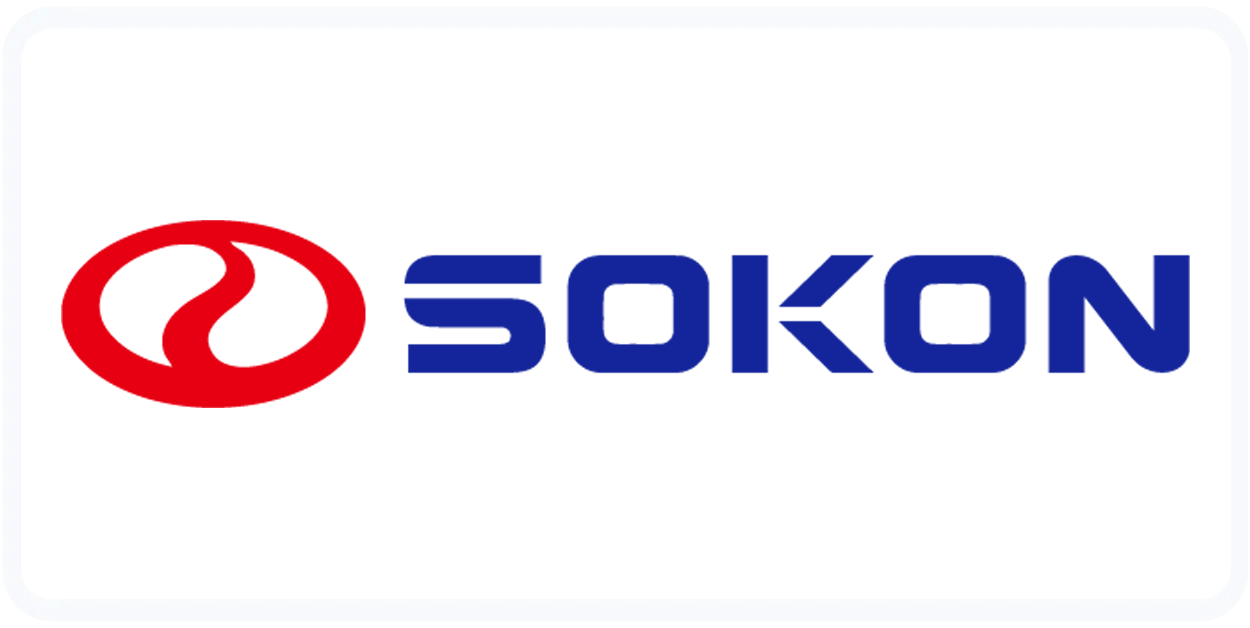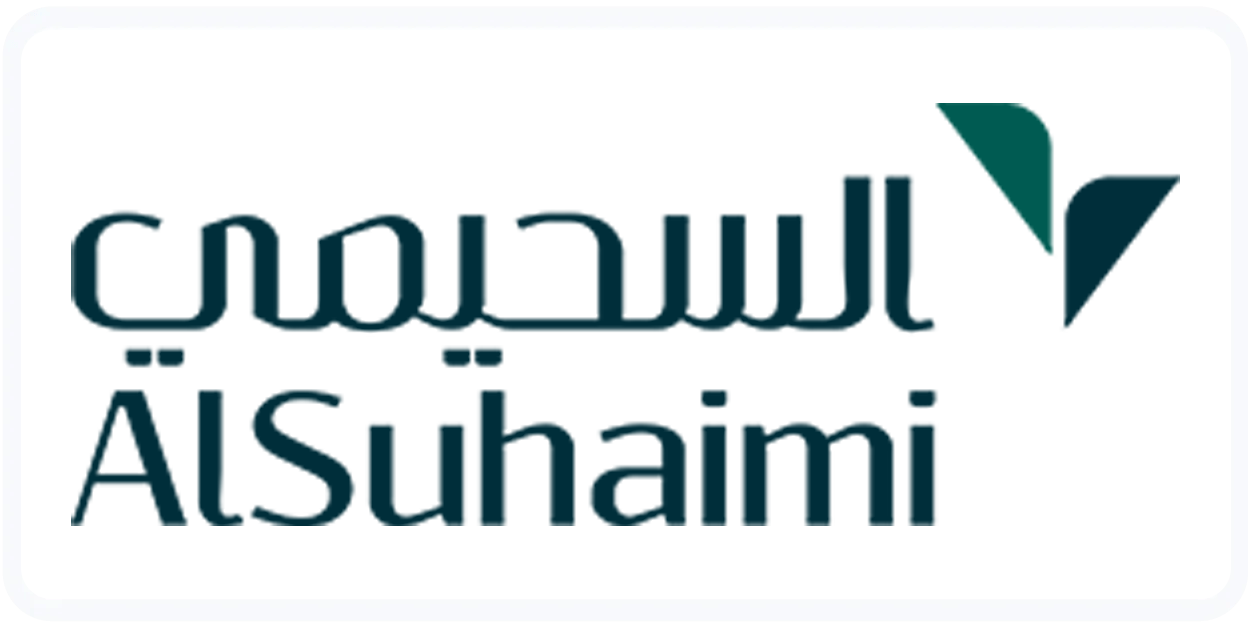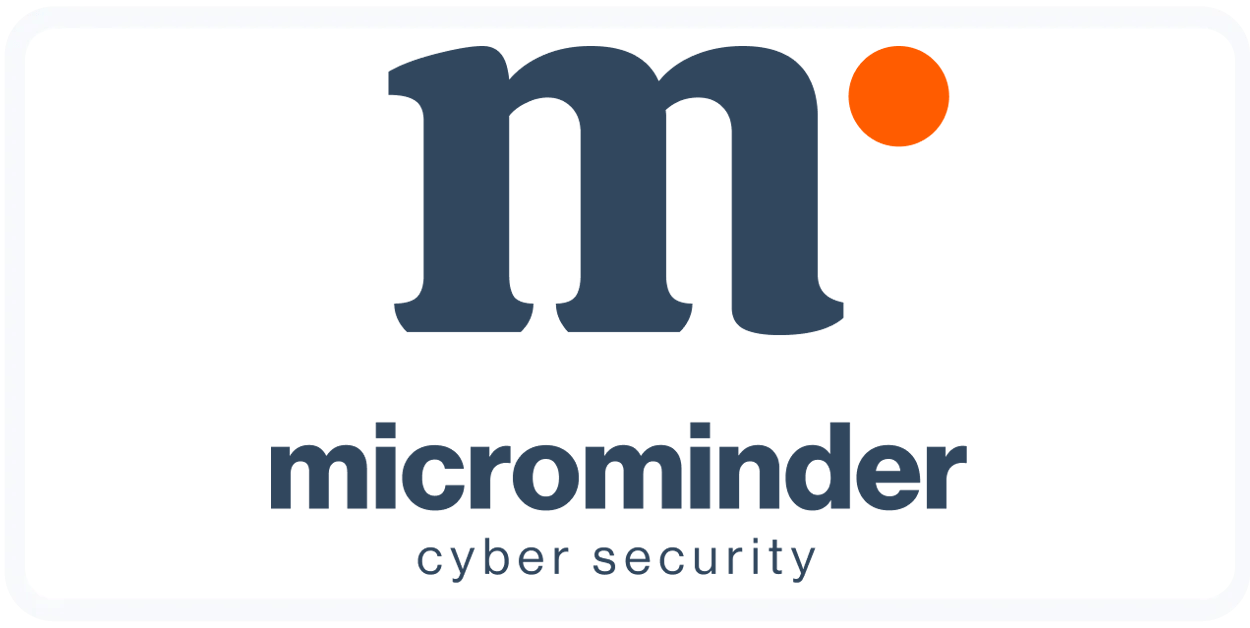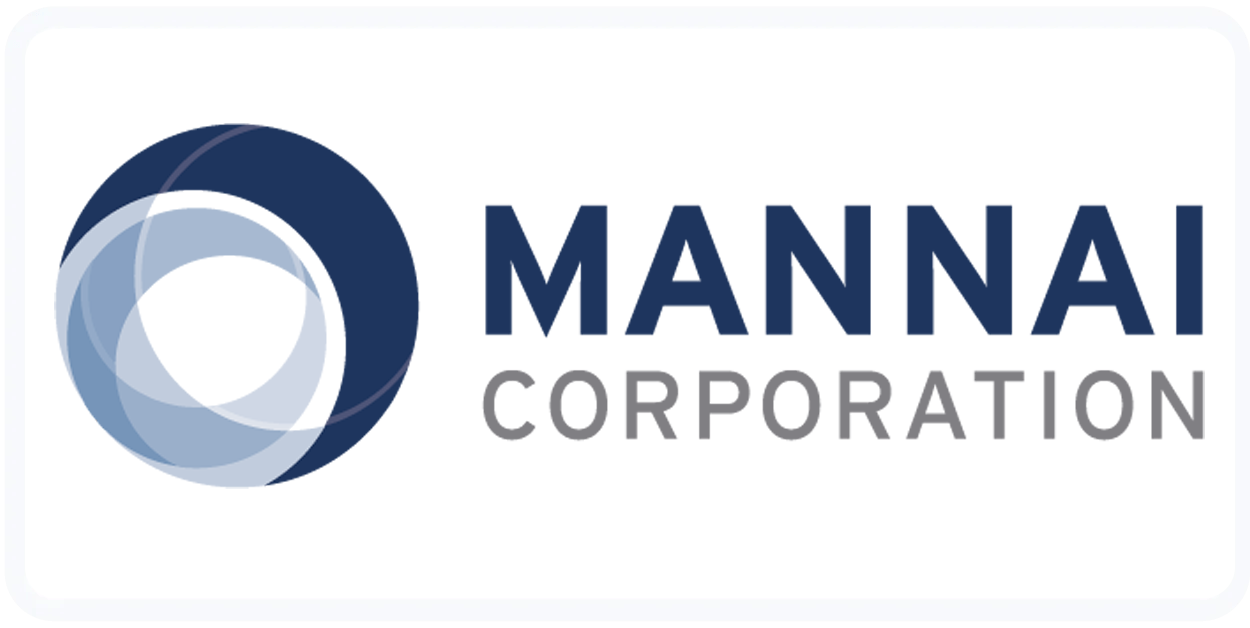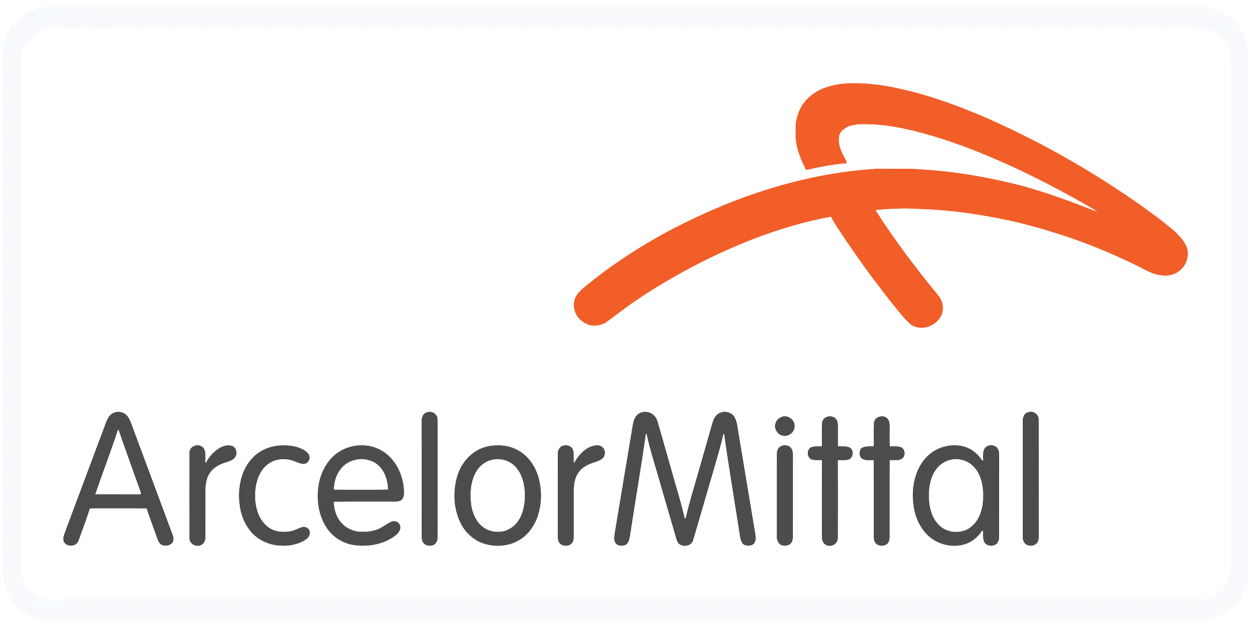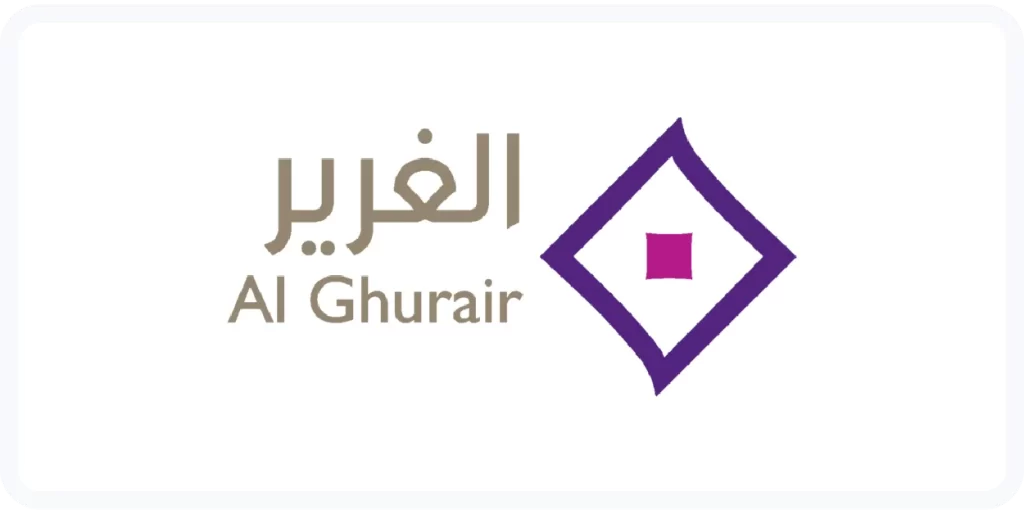What is SABIC?
SABIC, short for Saudi Basic Industries Corporation, is one of the world’s largest and most significant petrochemical companies. With its headquarters in Riyadh, SABIC has positioned itself as a global leader in chemicals, polymers, fertilizers and metals, supporting industries in over 50 countries. Understanding SABIC’s impact and potential is important for companies looking to expand their businesses internationally.

History of SABIC
SABIC was established in 1976 by royal decree for transforming oil byproducts into valuable chemicals and materials. SABIC has grown rapidly since then, fuelled by Saudi Arabia’s mission to diversify the economy. In 2020, Saudi Aramco, the world’s largest oil producer, got a 70% stake in SABIC, strengthening its role as a key pillar in Saudi Arabia’s Vision 2030.
Headquarters and Global Operations
SABIC’s headquarters are in Riyadh, but its reach stretches worldwide. The company has manufacturing sites, R&D centres in the Middle East, Europe, Asia, and America. The entity, with its presence in more than 50 countries, provides innovative and sustainable solutions for customers everywhere.
What does SABIC do?

SABIC produces a wide range of chemicals, advanced polymers, fertilizers, and metals. These products are important for industries such as automotive, construction, electronics, agriculture, packaging, and healthcare. SABIC’s global R&D centres continually develop new materials that focus on sustainability and high performance.

Why is SABIC important?
SABIC has a key role in the global industrial landscape for many reasons:
- It provides essential raw materials which drive global manufacturing operations.
- It promotes innovation in sustainable materials including circular economy models and bio-based plastics.
- It supports economic diversification and generates jobs in Saudi Arabia and beyond.
- SABIC’s initiatives help businesses get access to new technologies, expert knowledge and investment opportunities.
SABIC’s Core Business Segments
SABIC’s business is divided into four key segments:
- Petrochemicals: It’s the largest segment manufacturing plastics, resins, and chemicals.
- Agri-Nutrients: Fertilizers and related products used in global agriculture.
- Metals: Steel and aluminum products used for construction and manufacturing.
- Specialties: High-performance materials used for advanced sectors.
SABIC and Saudi Vision 2030

SABIC is vital for Saudi Arabia’s Vision 2030, a strategy set by the kingdom to diversify its economy and reduce reliance on oil revenue. SABIC contributes by:
- Generating new jobs and nurturing local talent
- Empowering small and medium enterprises (SMEs) and entrepreneurs
- Investing in green technology and renewable energy
- Attracting foreign investment and developing global partnerships
- Developing innovative manufacturing and R&D capabilities

The Future of SABIC
SABIC invests heavily in innovation, sustainability and global expansion. Major future plans include:
- Launching eight mega projects with an estimate of $2.7 billion to optimize energy and feedstock use.
- Reaching a recurring annual synergy value at $1.5–1.8 billion with Saudi Aramco by 2025.
- Expanding advanced recycling and low-carbon manufacturing
- Producing new materials for renewable energy, automotive and construction industries.
- Hosting significant industrial events, such as the SABIC Technical Meeting and Conference 2025, to promote technological innovation and sustainability.
In the future, SABIC’s commitment to sustainability, digital transformation, and global partnerships will keep it at the top of the chemicals sector.
Conclusion
SABIC is a symbol of Saudi industrial symbol and global innovation. Its dedication to sustainability and economic diversification supports Saudi Vision 2030 and the country’s aim of becoming a global business hub. Whether you are interested in exploring opportunities in Saudi Arabia or other GCC countries, understanding SABIC’s role is vital for future success. For companies looking to expand into Saudi Arabia, partnering with industry experts like Analytix will provide valuable guidance and support.
We hope you liked reading our blog and covered everything about SABIC. If we’ve missed anything about the topic, let us know here. We’d love to hear your thoughts!
